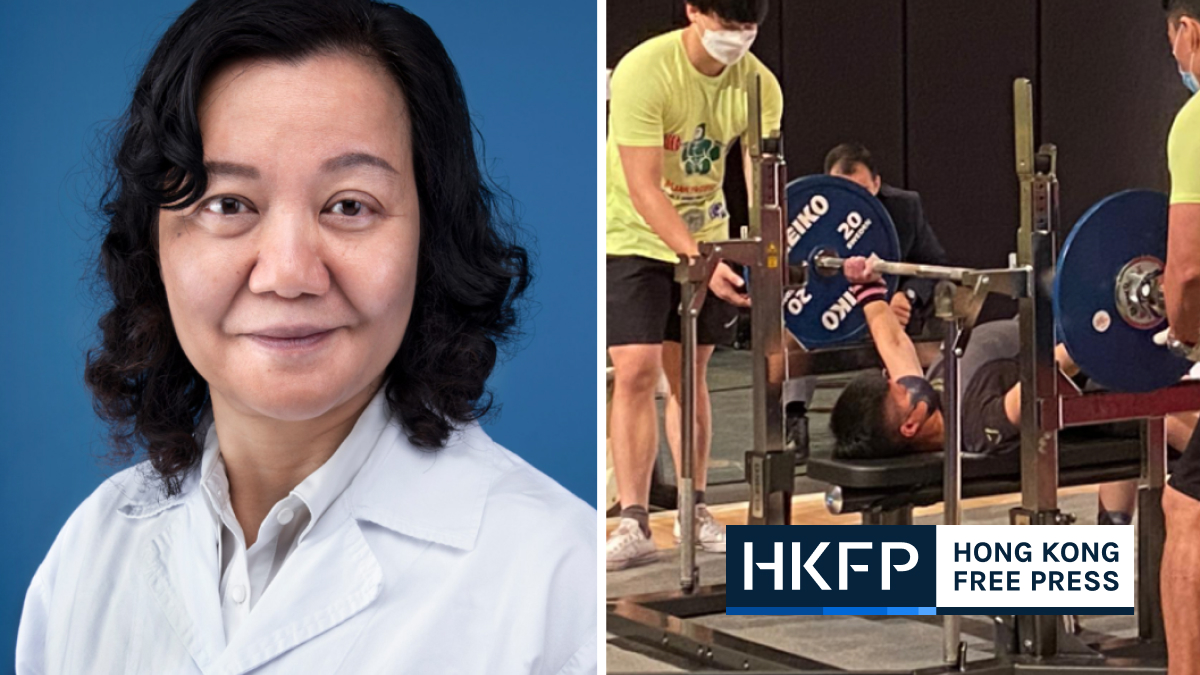More than 1,500 people have signed a petition to oppose a bill which would reduce the influence of staff and academics in the running of one of Hong Kong’s top universities, with one of the organisers saying the change would damage academic freedom.

The petition was signed by former and current students of the Chinese University of Hong Kong (CUHK). It takes issue with a legislative bill backed by pro-establishment politicians which would increase the number of outside members on the university’s governing council.
A print advertisement for the petition, initiated by CUHK council members Kelvin Yeung, Enders Lam, and Heung Shu-fai, appeared in Ming Pao’s Thursday issue.
That came as the city’s former chief executive Leung Chun-ying slammed the move and called for the removal of the university’s Vice-Chancellor, Rocky Tuan.
Signatories “deeply regretted” the amendment bill initiated by three lawmakers on the CUHK board – Tommy Cheung of the pro-business Liberal Party, Bill Tang of the pro-Beijing Federation of Trade Unions, and Edward Lau of the Democratic Alliance for the Betterment and Progress of Hong Kong – the city’s largest pro-establishment party.
“The amendment bill was not scrutinised or approved by the CUHK council before it was gazetted,” the petition read.
Monitoring management
The bill suggests that the council’s size be cut from 55 seats to 34. The number of alumni seats would be reduced from three to one, while the number of lawmaker seats would remain at three.
The change would drastically increase the proportion of external members, with a proposed 23 external members and 11 internal members, for the purpose of “monitoring the effectiveness of CUHK in achieving its goals and operation targets.”
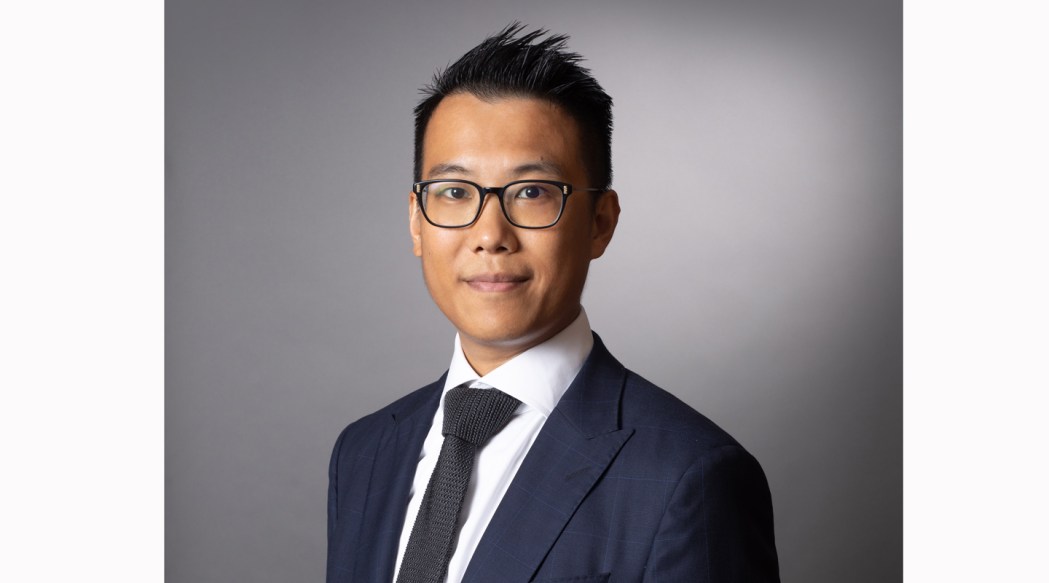
There are currently 28 external members and 27 internal ones on the council.
The bill also proposes that the Vice-Chancellor must be voted into office by no fewer than three quarters of the council’s members.
At the height of the 2019 anti-China extradition bill protests, protesters at CUHK attempted to paralyse the Tolo Highway by occupying an overpass on campus and throwing objects to obstruct traffic below as part of the 2019 city-wide anti-China extradition bill demonstrations.
Intense clashes continued into the night as police seized the bridge firing tear gas and projectiles, whilst protesters hurled bricks and petrol bombs.
Counterproposal
The petition was part of an effort to put forward a “win-win” counterproposal that would see the number of lawmakers and alumni on the council adjusted down from three to two. Yeung also called for a public hearing at a closed-door LegCo meeting on the amendment bill last week — a request that was eventually vetoed.
Lawmaker and bills committee chair Priscilla Leung said taking written submissions would be more appropriate, rational, and in-depth, and that the the LegCo secretariat would be able to remove submissions that included “personal attacks.” The petition was launched a day after the meeting.
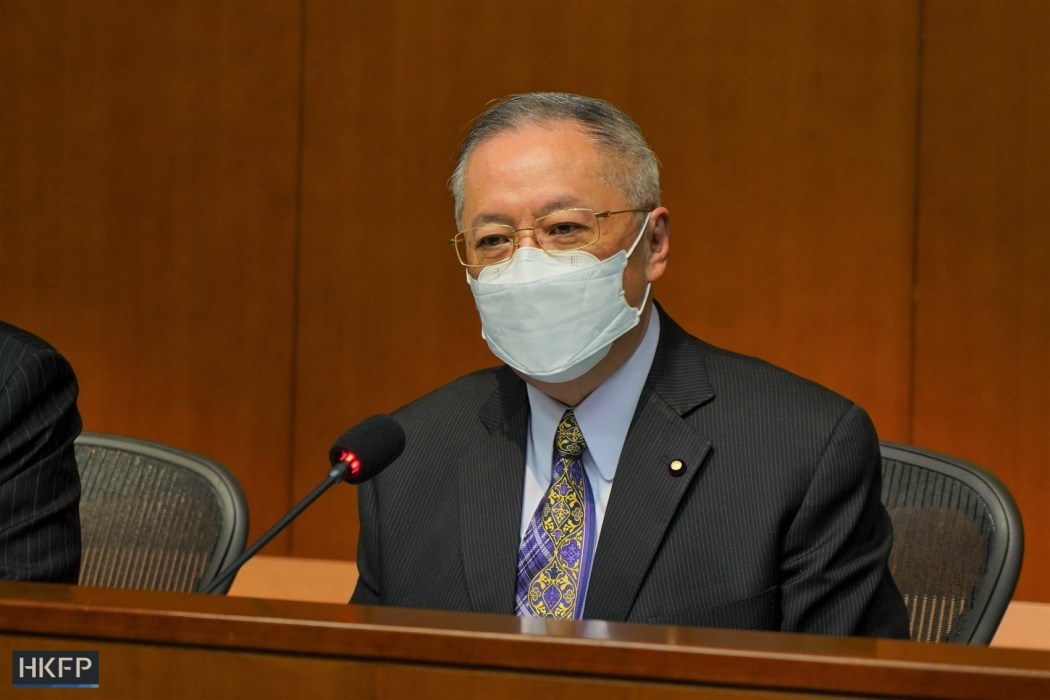
Speaking on Commercial Radio, Lam said the amendment initiated by the three lawmakers would “damage the university’s autonomy and academic freedom” and that his fellow CUHK alums agreed that any proposals should be made internally by the university and not the legislature.
On Friday, former Hong Kong leader Leung criticised a remark by Yeung that “the authority to restructure the university council lies with the university,” saying it was the the chief executive and the government that had that power, while the legislature had the power to propose bills.
Leung also blamed CUHK president Rocky Tuan for what he called the “continued abuse” of “institutional autonomy and academic freedom” following the 2019 protests and unrest, “which demonstrates the need for the CUHK council to be restructured, and for Rocky Tuan to be removed.”
In a separate post, Leung also posted a letter by Charles Leung, a member of the Board of Trustees of the university’s New Asia College, in which Leung wrote that the council was simply a “rubber stamp body” that supports the vice-chancellor.
‘Supporting their own’
The deputy head of the Chief Executive’s Policy Unit Nicholas Kwan was initially among the 1,400 signatories before he retracted his endorsement that night.
A statement from the CEPU read: “It is understandable that Nicholas Kwan, as an alumnus of the university, has concerns and personal opinions on the proposed amendments to the university’s governance.”
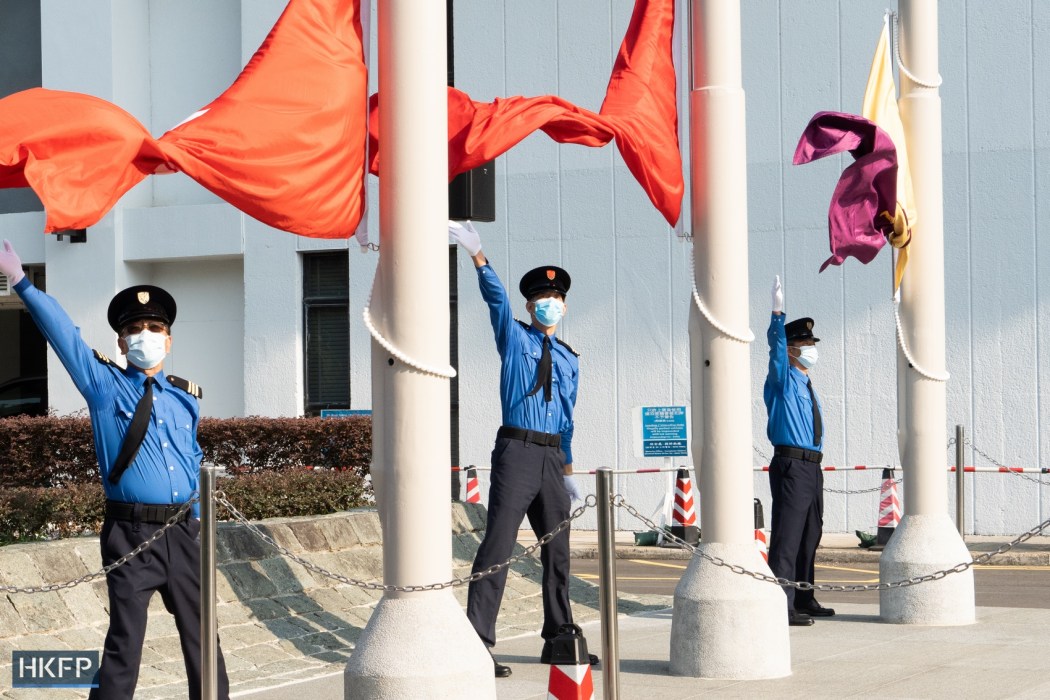
“However, the incident has raised concerns as to whether [Kwan’s actions] would reflect the government’s position on the matter. Kwan has made the decision to remove his signature from the petition in order to allay any unwarranted concerns.”
Kwan was among other notable signatories, including Lingnan University President Leonard Cheng and professor David Hui, who served as a top Covid advisor for the government.
Meanwhile, the LegCo website shows 35 written submissions providing feedback on the amendment bill, 25 of which were in support of it, local media reported. Eight opposed the plan to restructure the council, and the remaining two did not have a clear stance.
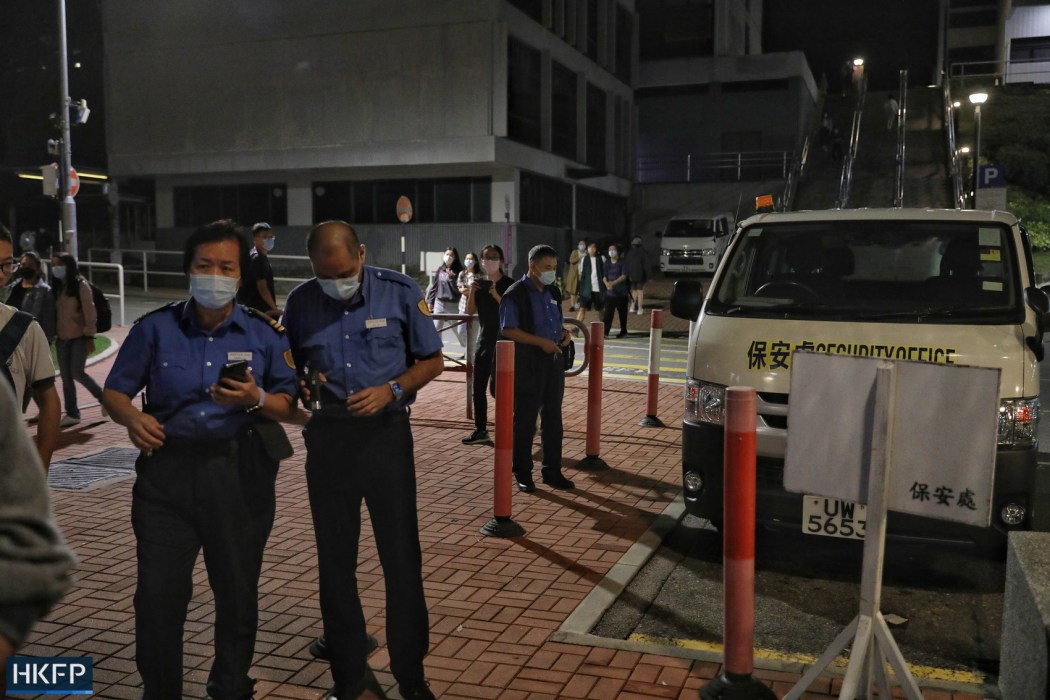
Several of the submissions in favour of the bill cited more efficient meetings and a more credible appointment process for the Vice-Chancellor. One stated that decreasing the proportion of internal council members would eliminate “noise outside saying those members support their own no matter what.”
One submission from an individual who identified himself as a CUHK student read that the lawmakers had “violated procedural justice” and were not able to prove that the bill had the support of stakeholders. “The three legislators’ push for this bill is indeed inappropriate,” he wrote.
Support HKFP | Policies & Ethics | Error/typo? | Contact Us | Newsletter | Transparency & Annual Report | Apps
Help safeguard press freedom & keep HKFP free for all readers by supporting our team

LATEST FROM HKFP
HKFP has an impartial stance, transparent funding, and balanced coverage guided by an Ethics Code and Corrections Policy.
Support press freedom & help us surpass 1,000 monthly Patrons: 100% independent, governed by an ethics code & not-for-profit.








